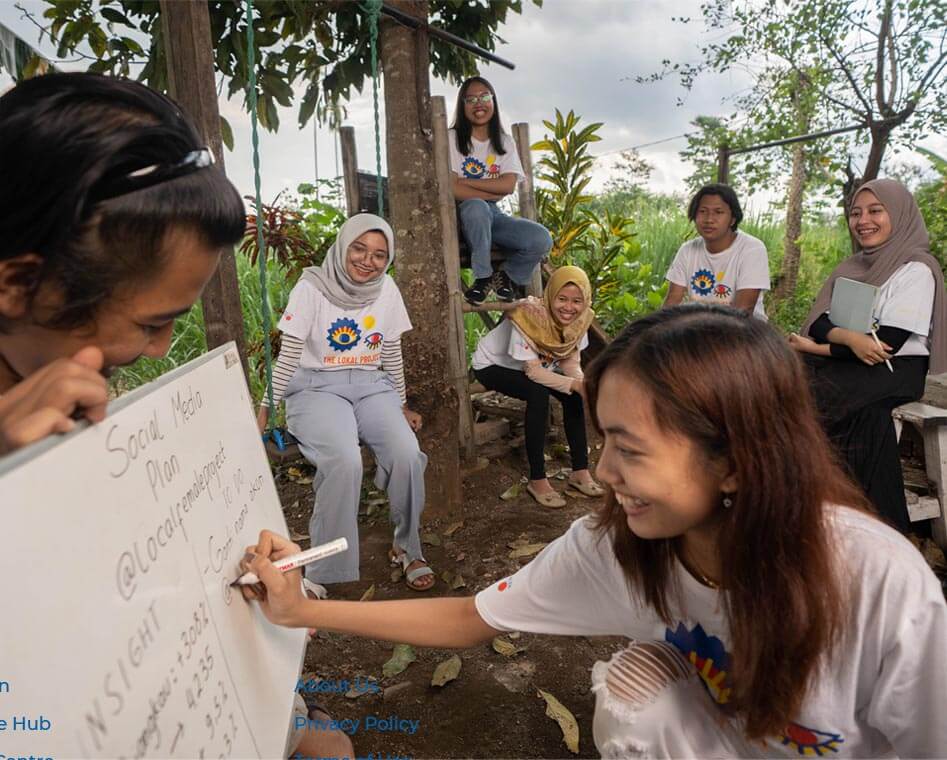Workshop on Women Peace and Security’s Monitoring & Evaluation Framework and Coordination Mechanism (Thailand)

Event Type: Seminars
Date: March 13, 2024 to
Venue: Royal Princess Hotel Larn Luang, Bangkok
The Royal Thai Government (RTG) has mainstreamed WPS issues into the existing national tools and instruments on security, justice and development and also developed the Measure and Guideline on Women, Peace and Security in 2017. In addition, the Coordination Center for Children and Women in the Southern Border Provinces (CCCW-SBP) was established in 2019 by the Southern Border Provinces Administrative Center (SBPAC) in cooperation with the Ministry of Social Development and Human Security (MSDHS), and in partnership with UN Women and UNICEF. The CCCW-SBP coordinates the implementation of the Measure and Guidelines on Women Peace and Security and to address the needs of women and children. In 2020, the Sub-Committee on Advancement and Monitoring of the Implementation of the Measure and Guideline on Women, Peace and Security was established to monitor the implementation of Measure and Guideline on WPS and to advance WPS agenda in the country. As the Measure and Guideline on WPS have a specific duration from 2017 – 2021 and came to an end in 2021, the Department of Women’s Affairs and Family Development, with technical support from UN Women, is drafting the National Action Plan on Women Peace and Security for further advancement of WPS agenda in the country. Thailand’s reflection on the progress made under its initial Women, Peace, and Security (WPS) strategy has unearthed crucial insights. The current NAP development process reflects recent government commitments to advance this agenda at the national level and contribute to Thailand’s regional and global role as a WPS champion. Despite these commendable efforts, challenges persist in effectively monitoring and collecting data to accurately depict the advancement of women’s roles in peace and security endeavors nationwide. Moreover, there exists a concerning misconception among some government agencies, presuming that WPS measures and guidelines exclusively address unrest in the southern border provinces, thereby highlighting a significant gap in understanding the broader WPS agenda.
The objectives for Thailand’s National Action Plan on Women, Peace, and Security are ambitious. The NAP’s collaborative approach aims to address non-traditional security challenges affecting the ASEAN region, including disasters, climate change impacts, displacement, radicalization, extremism, and cybersecurity. It aims to establish a robust Monitoring and Evaluation (M&E) framework building upon precedent iterations. In the course of action plan development, indicators have been established through collaboration with the driving and monitoring subcommittee, aligning with measures and guidelines on women and peace promotion. This collaborative effort has identified responsible agencies tasked with reporting outcomes and monitoring progress across the WPS pillars.
- The participation is by invitation only

